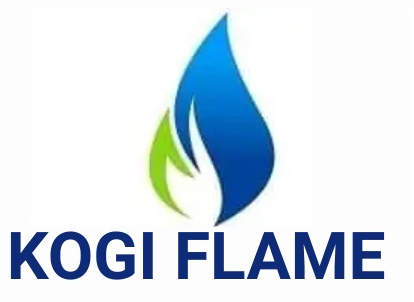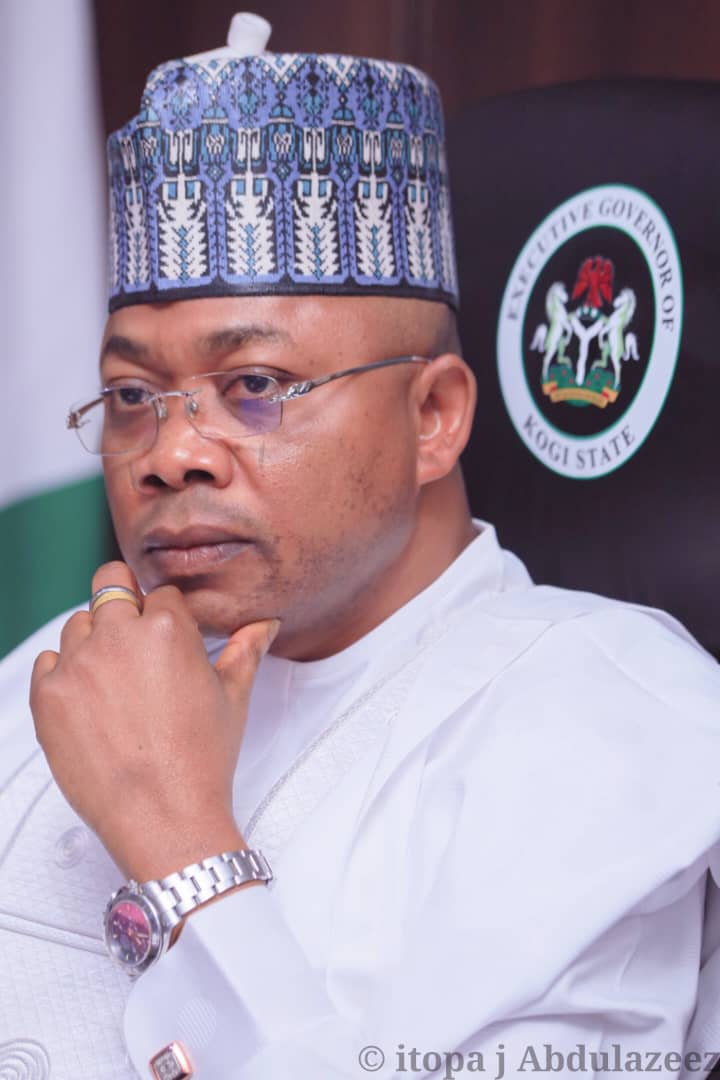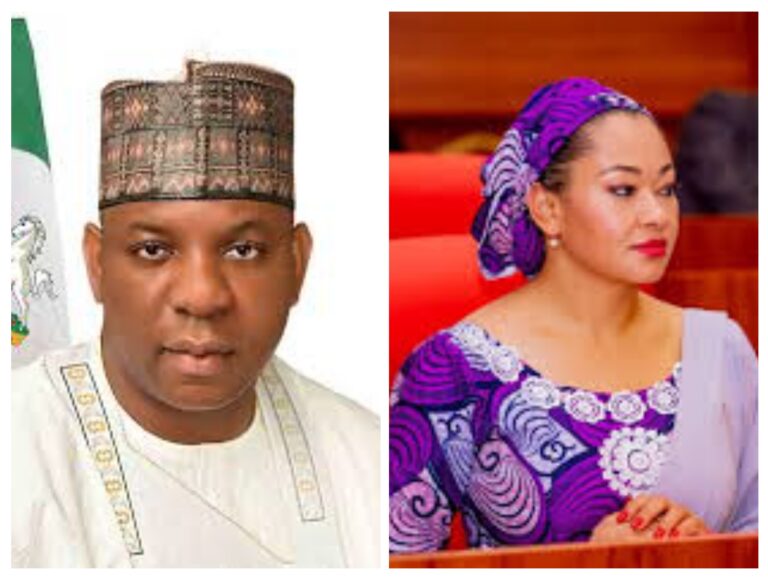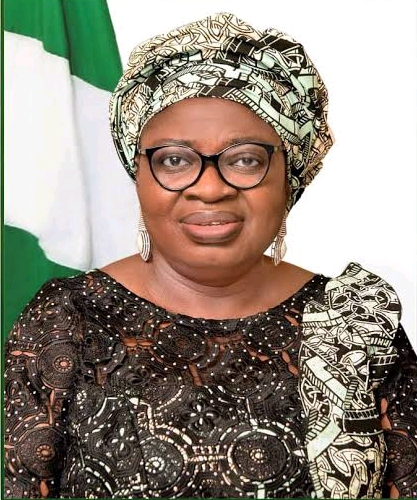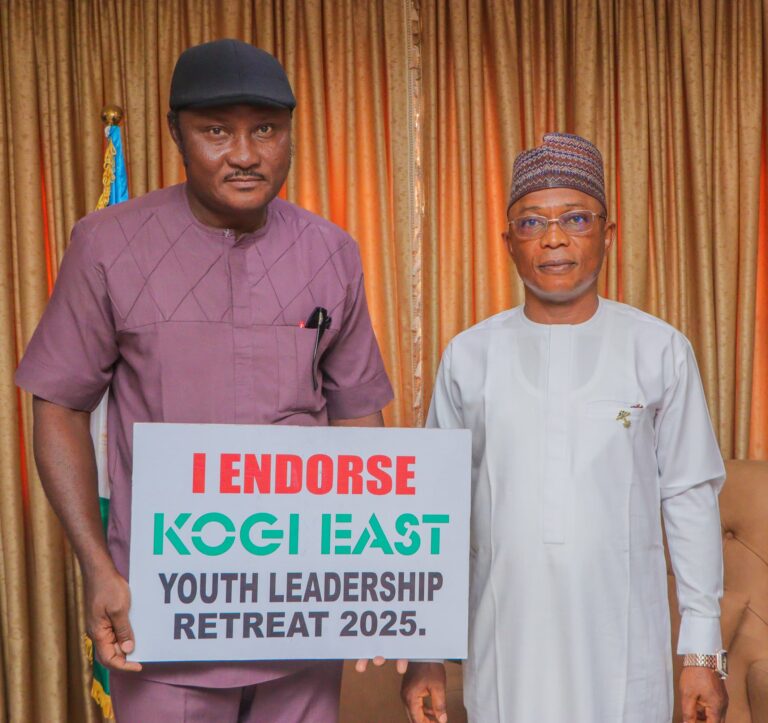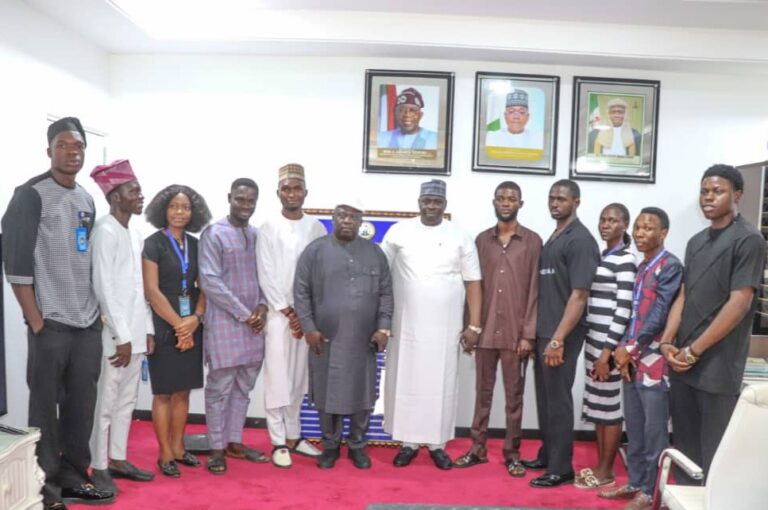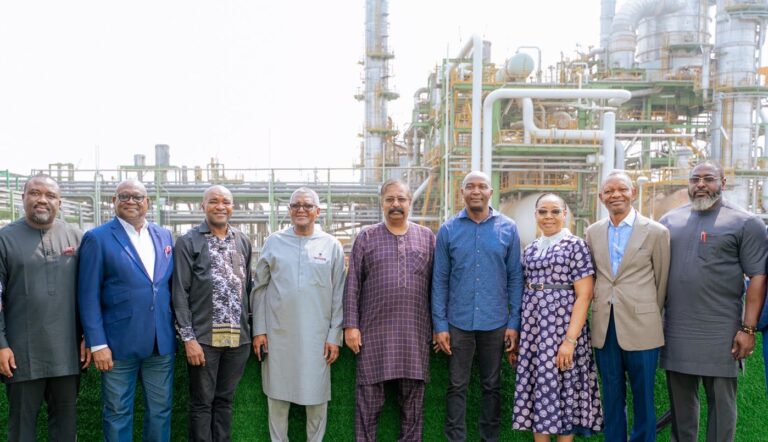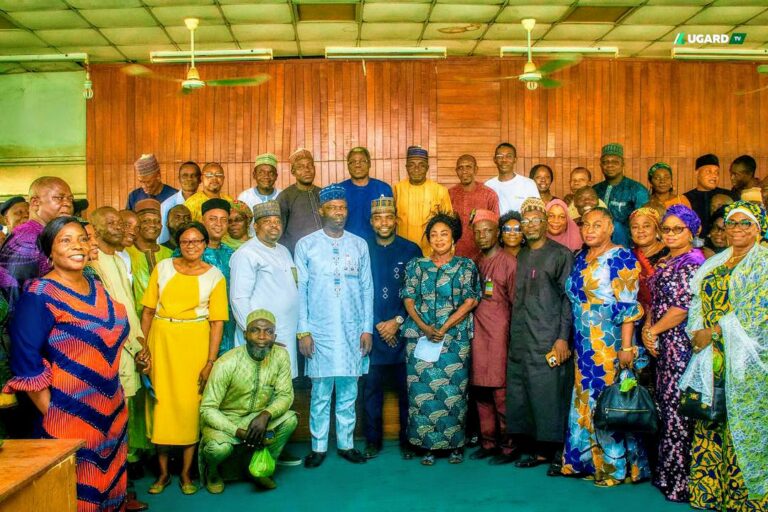Warning: Attempt to read property "post_excerpt" on null in /home/kogiflam/public_html/wp-content/themes/morenews/single.php on line 55
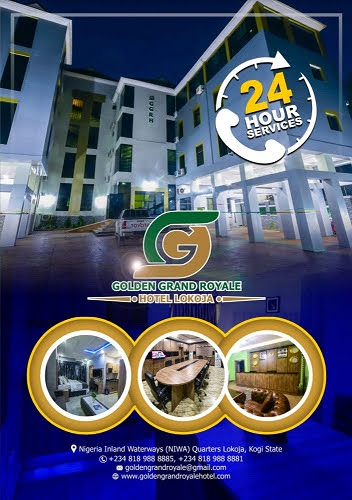
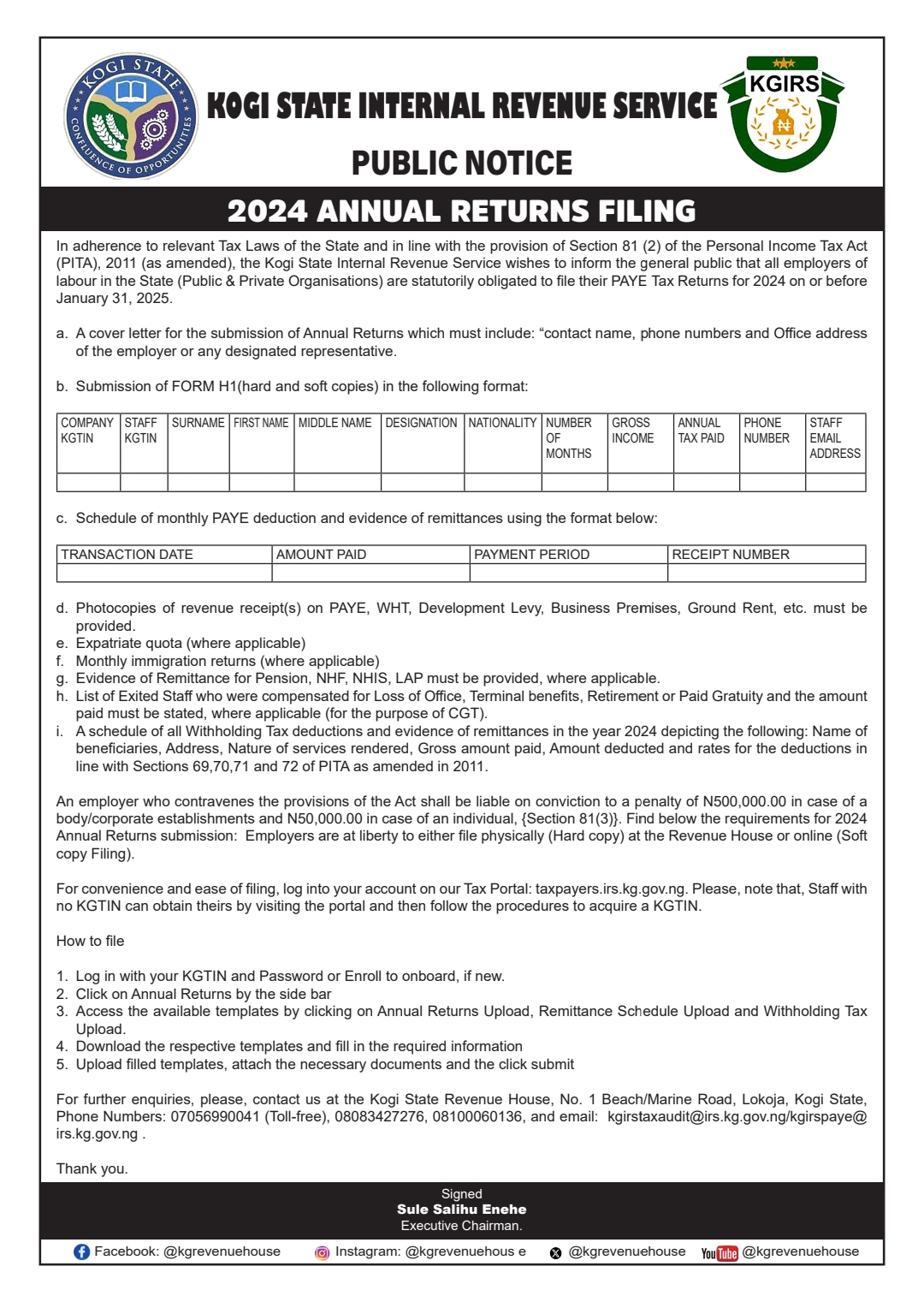
Lokoja is a city in Nigeria. It lies at the confluence of the Niger and Benue rivers and is the capital of Kogi State. While the OWOROs are indigenous and are the very first settlers to the area, other ethnic groups include Nupe, Ebira okene/koto,Bassa nge,Kakanda, Hausa and the Igbo, Bini/Edo, Tiv, and , have recently established themselves.
The area that would become Lokoja has been inhabited for thousands of years by people from different ethnic groups prior to the arrival of Europeans. It is said that The Nupes migrated from Baro and some parts of present-day Niger state to the confluence of the Niger and Benue rivers. This area eventually became a center of trade.
Following an agreement, the British installed (Hamza, Dauda, Musa, Muhammadu Maikarfi, Abigel) who claim to be converted to Islam and called Bukar and reside at Yaragi Madabo Junction of Lokoja as the then new Lokoja palace. Later follow the turn of leadership to Alhaji Yahaya Muhammadu Maikarfi, and after his demise Alhaji Kabiru son of Yahaya Muhammadu Maikarfi took on.
They were able to sustain themselves by engaging in farming and hunting activities on the hill. Even the Patti word is a Nupe word meaning hill, Mount Patti hill and other surrounding hills are hunting areas of the Lokoja people, at Mount Patti there is aged three that most of the former hunters write their name in Ajami and the Latin script, that will make you observe that there is no settlement at Mount Patti. This was the status quo until the Europeans arrived.
When Dr William Balfour Baikie arrived at Lokoja first in 1854 and later in 1857, through his efforts and encouragements, the people descended from Lokoja. He did this through Muhammadu Maikarfi, then the Maigari of Lokoja, in which after he demise the white men use their power and give it to their servant by the Abigel Which was converted to Islam and name him as Bukar, mean Abubakar in Kanuri tun.
The Bassa-Nges believe that they settled at the foot of Mount Patti when they came into Lokoja before later moving again and migrating to settle across the Benue. These different groups lived in different quarters of the town but were closely related socio-politically.
They interacted freely and tolerated one another. Present day Lokoja is ruled by the Maigari (chief) of Lokoja, and his 12 Hakimi (Sub chiefs) It is important to note however, that each group have their own local criteria: for example, the Maigari has no jurisdiction over the Olu of Oworo, but he does have authority over Adankolo, ward A to ward E.
Lokoja town in 1911
The present modern settlement at Lokoja was established in 1857 by the British explorer William Baikie at the site of an earlier model farm constructed during the failed Niger expedition of 1841. Lokoja was the capital of the British Northern Nigeria Protectorate.
Lokoja remained a convenient administrative town for the British colonial government after the amalgamation of Northern and Southern Nigeria in 1914.
The first Governor-General, Sir Frederick Lugard, governed the new nation of Nigeria from Lokoja. Other subsequent settlers into the city include the Yoruba (mainstream), the Igbira (Igbira Tao and Igbira Koto), and the Bassa-Nge people. However, there are other groups apart from the ones mentioned above but they are classified as temporary visitors and non indigenous. These include the Igbo, Tiv, Edo, etc.
The city’s population has since grown to an estimated count of over 90,000 inhabitants. It is a trade center with respect to its agricultural products; this is because it is situated at the confluence of the Niger and Benue rivers, and is close to the new federal capital of Nigeria in Abuja. It is also home to Kogi State Polytechnic and the newly established Federal University Lokoja.
Near Lokoja, in Ajaokuta, are metallurgy facilities and iron ore mines.
The Igala left their land to Anambra state and now laying claims on Lokoja and Ajaokuta because the iron ore project is being awaking.
LOKOJA is derived from Oworo tun ” Ilu Oke Oja”
Let peace rain in Kogi!
Concerned citizen of Lokoja.
